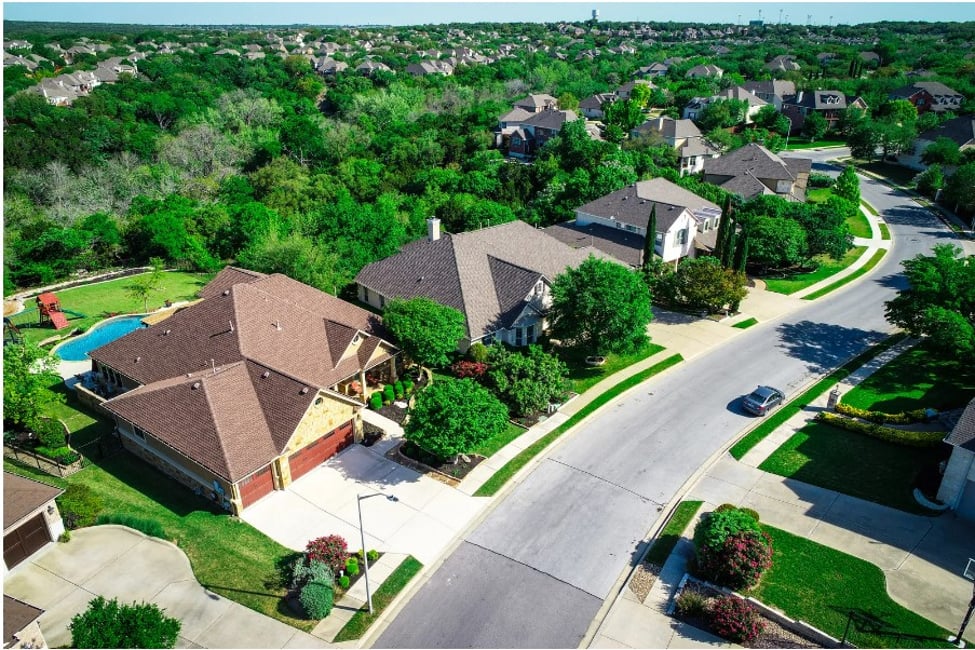Despite the anticipation surrounding the Bank of Canada’s first rate cut, homebuyers are still hesitant. National home prices rose by 1.5% in Q2, even with a slowdown in major markets. In the second quarter of 2024, Canada’s spring housing market remained subdued in many areas, despite a strong first quarter. The June rate cut by the Bank of Canada sparked interest but did not lead to a significant return of buyers. This caution from buyers, alongside rising inventory levels, has created more balanced market conditions.
Royal LePage® projects a 9.0% increase in the aggregate home price in Canada for the fourth quarter of 2024, compared to the same quarter last year. Home prices are expected to see steady appreciation in the second half of the year. “Canada’s housing market is struggling to find a consistent rhythm, as the last three months clearly demonstrated,” said Phil Soper, president and CEO of Royal LePage. “Nationally, home prices rose while the number of properties bought and sold sagged; an unusual dynamic. The silver lining: inventory levels in many regions have climbed materially. This is the closest we’ve been to a balanced market in several years.
“This trend dominates activity in two of the country’s largest and most expensive markets, the greater regions of Toronto and Vancouver, where sales are down yet prices remain sticky,” Soper continued. “There are exceptions. In the prairie provinces and Quebec, low supply and tight competition persist.”
Q2 Shows Modest Increase in Home Prices
The Royal LePage House Price Survey revealed that the aggregate price of a home in Canada increased 1.9% year-over-year to $824,300 in the second quarter of 2024. Quarter-over-quarter, the national aggregate home price rose by 1.5%, despite slower activity in the most expensive markets. By housing type, the national median price of a single-family detached home increased by 2.2% year-over-year to $860,600, while the median price of a condominium rose by 1.6% year-over-year to $596,500. On a quarterly basis, the median price of a single-family detached home increased by 1.8%, and the median price of a condominium increased by 0.8%.
High Interest Rates Could Lead to Buyer Surge
Over the past two years, the national housing market has seen home prices fluctuate between modest declines and increases due to high interest rates. As the Bank of Canada balances rate adjustments and inflation control, some housing segments have stalled. “Canada’s housing market faces pent-up demand after two stifling years of high borrowing costs. While inflation control is crucial, persistently high rates are increasing the risk of a surge in demand when buyers inevitably return. New household formation and immigration keep fueling the need for housing, and a sudden release could create much market instability. This highlights the need for a more nuanced approach that balances inflation control with economic vitality,” added Soper.
High Borrowing Costs Affect New Supply
Higher borrowing rates are not only slowing market activity but also hindering new home construction. Builders, reliant on loans, are struggling to finance new projects, worsening the housing shortage amid population growth. “Canada’s housing market faces complex challenges. While raising interest rates was crucial to fighting inflation, it has unintentionally choked off the essential flow of new housing supply. Higher borrowing costs, coupled with labour shortages in the construction trades and rising material prices, have made it economically unsustainable for developers to launch new projects. This creates a perfect storm – our population is growing steadily, yet we’re building far fewer homes than what’s needed to meet that demand. This situation urgently needs innovative solutions to ensure Canadians have access to affordable housing options,” concluded Soper.
Second Quarter Press Release Highlights
Toronto and Vancouver report slower-than-usual market activity this spring as inventory builds, while demand continues to outpace supply in the prairie provinces and Quebec. Quebec City records the highest year-over-year aggregate price increase (10.4%) in Q2 among the report’s major regions. Royal LePage maintains national year-end forecast with prices expected to increase 9.0% in Q4 2024 over the same period last year. According to a Royal LePage survey conducted by Leger earlier this year, 51% of sidelined homebuyers said they would resume their search if interest rates reversed.

